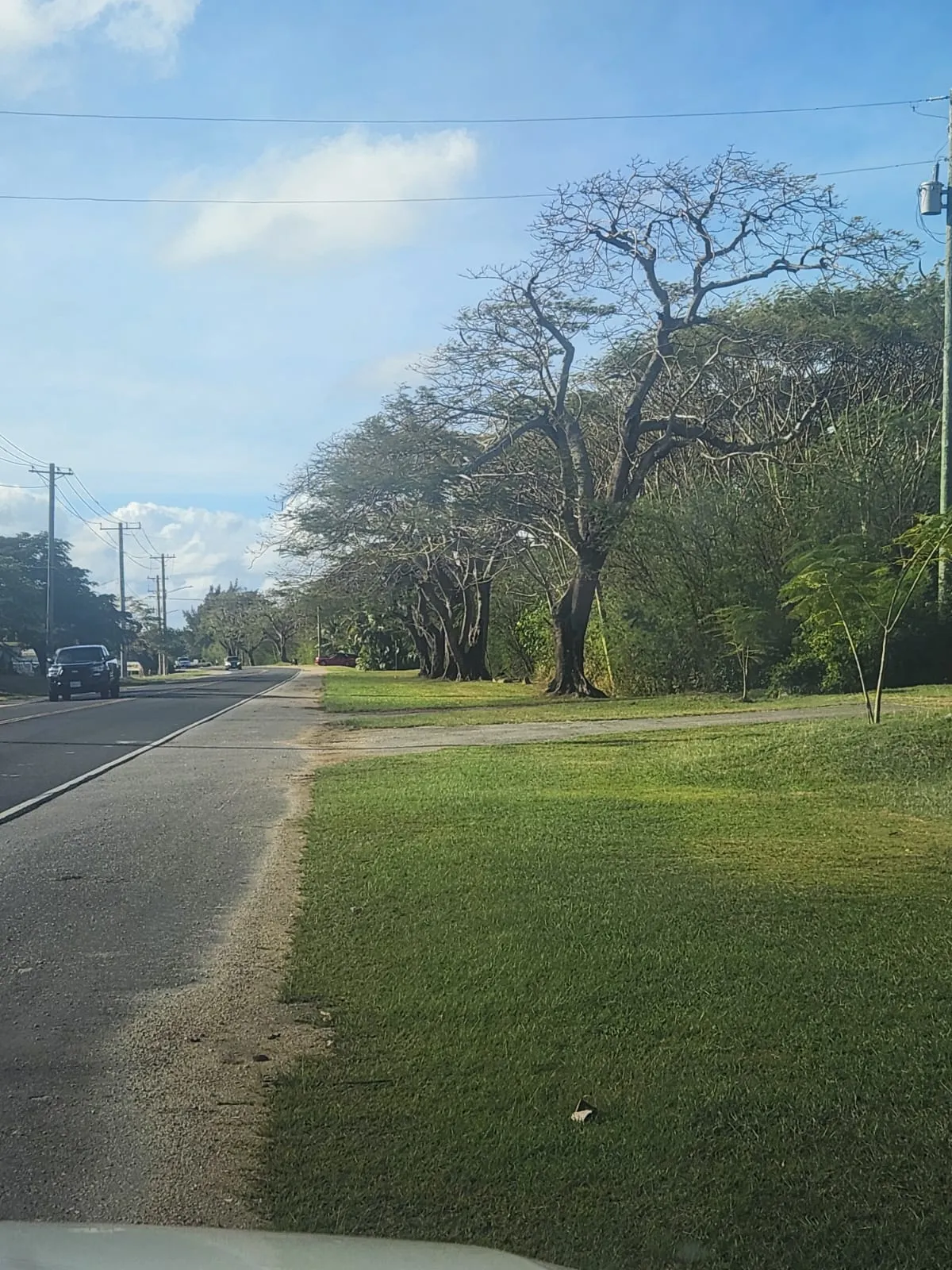(CNMI Judiciary) — On Nov. 20, 2025, the local Supreme Court issued an opinion in Tang v. Guo affirming the Superior Court’s findings of parol evidence regarding fraud, calculation of post-judgment interest and conditioning the return of certain leasehold properties on satisfaction of the judgment. The high court, however, reversed the Superior Court’s calculation of unjust enrichment damages and remanded for further proceedings. The dispute arose from a purported assignment of two leasehold properties. The assignee asserted that the assignment had been executed under false pretenses, specifically that the transaction was a temporary arrangement intended to facilitate a future sale to repay a loan and that a buyer had already been secured. Based on this claim, the Superior Court found that there was no contract.
Ordinarily, the parol evidence rule prohibits the admissibility and consideration of evidence of prior negotiations or contemporaneous oral communications (i.e. parol evidence) that contradict the terms of a facially complete contract. Fraud is a recognized exception to this rule. In this case, fraud was alleged as a breach of an oral contract rather than an affirmative defense.
In general, an affirmative defense not pled is an affirmative defense waived, but the NMI Rules of Civil Procedure allow for an exception when the opposing party had notice of the defense or would not be prejudiced by the lack of notice. However, the rules also require the party claiming fraud to plead the circumstances constituting the fraud with particularity. The question before the high court was whether the requirement of particularity foreclosed the availability of the notice-exception for waiver. The high court held that it does not. So long as the circumstances pled implicitly or explicitly describe fraudulent conduct in sufficient detail to put the opposing party on notice they are accused of fraud, the requirement for particularity is also satisfied. The high court upheld the consideration of parol evidence as the circumstances constituting the fraud were sufficiently pled even if fraud was not explicitly pled.
The Superior Court awarded $100,000 in unjust enrichment damages: $30,000 representing a loan and $70,000 allegedly spent on repairs. The CNMI Supreme Court affirmed the $30,000 award but reversed the $70,000 because the repair cost was not proven with reasonable certainty.
The high court further clarified that any unjust enrichment award must also be reduced by the rent the assignee has received from the property while possessing it. The purpose of an unjust enrichment award is to put the parties into the position they were in before the situation emerged and prevent anyone from benefiting from their misdeed. For the assignee to recover the costs she undertook while in possession of the property and the rent from it would do more than put her in her original position; it would be granting her a windfall from the situation.
The full opinion can be read on the Law Revision Commission website: https://cnmilaw.org/pdf/supreme/2025-MP-11.pdf











